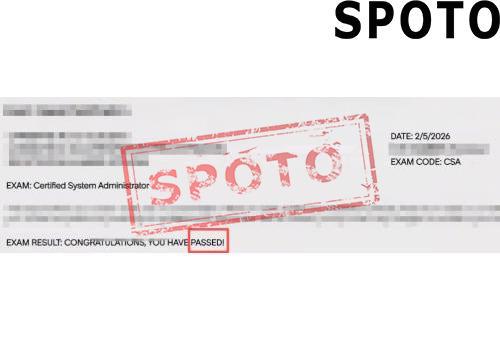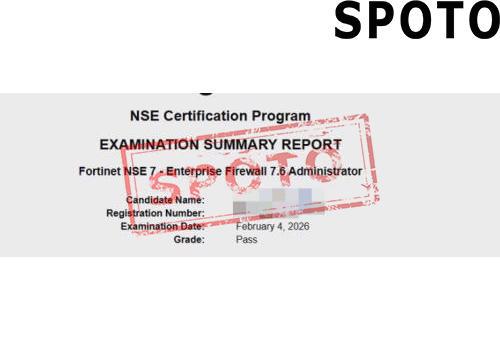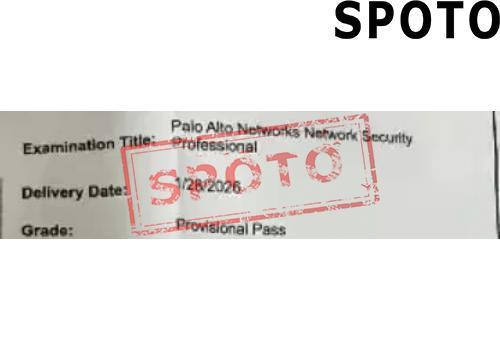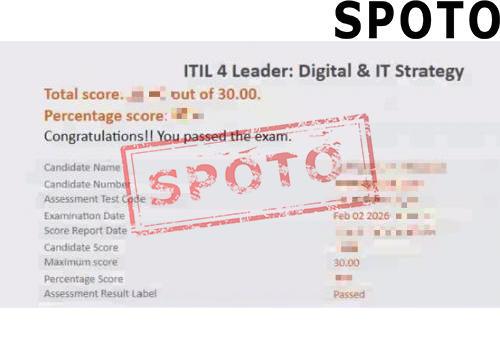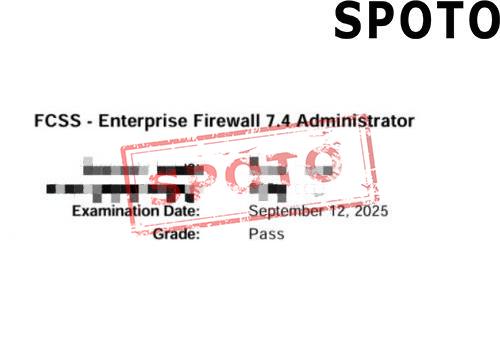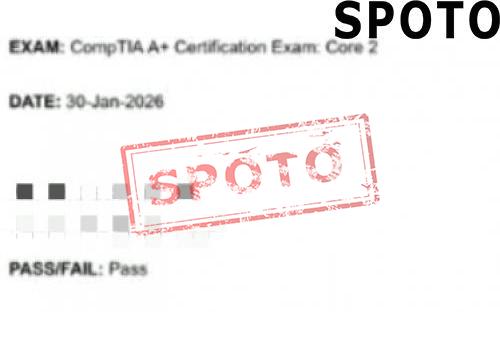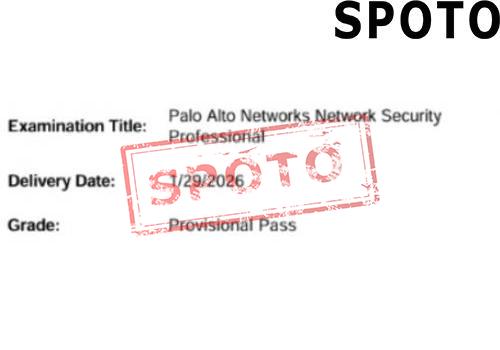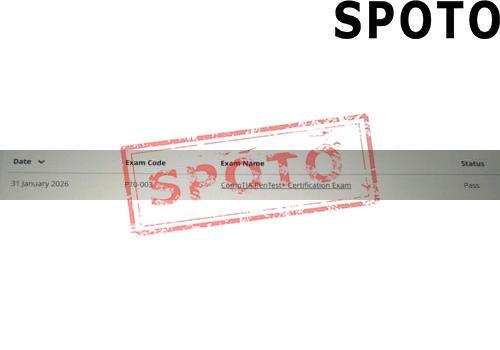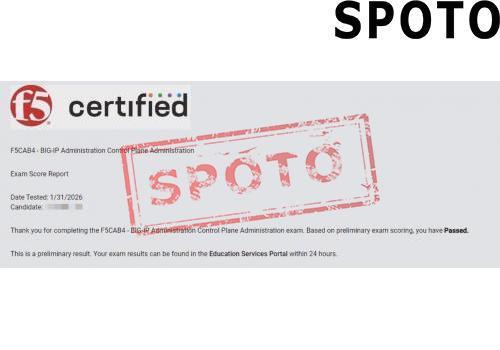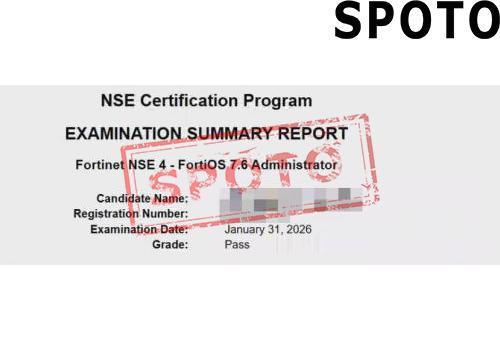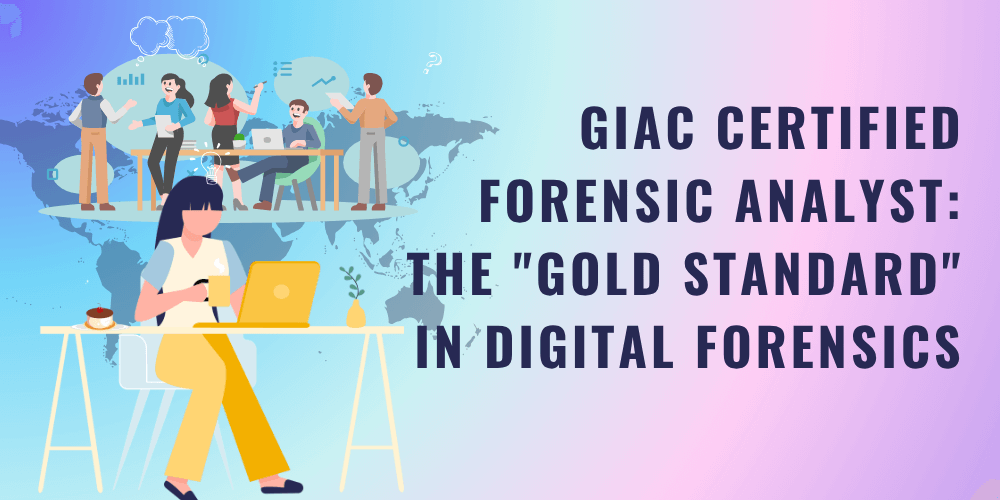
Table of Contents
- 1. Introduction to the GIAC Certified Forensic Analyst certification?
- 2. Career Value of Holding the GIAC Certified Forensic Analyst Certification
- 3. Overview of the GCFA Certification?
- 4. Prerequisites for the GIAC Certified Forensic Analyst Certification
- 5. Comparable Certifications to GIAC Certified Forensic Analyst
Reading this article, you will learn that GCFA is trying to cultivate experts who can legally and efficiently extract digital evidence and restore the truth of the incident.
1. Introduction to the GIAC Certified Forensic Analyst certification?
The SANS GIAC Certified Forensic Analyst (GCFA) is an advanced digital forensics certification offered by GIAC, a subsidiary of the SANS Institute, a leading global cybersecurity research organization. It focuses on practical, end-to-end computer and network forensic investigation capabilities, verifying the holder's ability to collect, analyze, and preserve digital evidence, reconstruct the truth behind an attack, and provide reliable evidence for legal proceedings or internal investigations. It represents a highly technical and authoritative qualification in the fields of digital forensics and incident response.
Amid the increasing prevalence of cyberattacks, data breaches, and other security incidents, digital forensics is crucial for tracing the source of an attack, determining responsibility, and securing evidence. The GCFA's core objective is to cultivate "scientific investigators of digital evidence." It requires not only proficiency in forensic tools but also the ability to adhere to rigorous forensic processes, extract hidden evidence from complex digital environments, reconstruct the timeline of events, and present findings in a manner that complies with legal standards. Combining forensic technology with legal norms and practical analysis, the GCFA is a core certification that bridges technical investigation and legal proof.
2. Career Value of Holding the GIAC Certified Forensic Analyst Certification
Known for its technical depth and practical approach, the GCFA is a globally recognized "expert-level certification" in digital forensics. It stands as an authoritative endorsement in the field and is widely recognized by financial institutions, technology companies, and government agencies. It is a core screening criterion for recruiting senior forensic analysts.
The GCFA certification requires holders to master the skills to extract hidden evidence from complex systems. It directly demonstrates a practitioner's practical proficiency, effectively countering counter-forensic tactics used in real-world attacks and directly improving the efficiency and accuracy of an organization's incident response.
Currently, digital forensics talent is in short supply, and GCFA holders earn significantly higher salaries than typical security positions. According to a SANS survey, the average annual salary for GCFA holders worldwide is approximately $130,000. GCFA certification is a key qualification for advancement to senior response specialists and forensics team leaders, and possessing the GCFA certification can help practitioners differentiate themselves in their careers.
Certificates can join the SANS and GIAC communities to access the latest forensic technology, tool updates, and threat intelligence, keeping up with cutting-edge trends in digital forensics to better support forensic analysis.
3. Overview of the GCFA Certification?
The GCFA assessment focuses on the "practical forensic process," integrating technical details with legal compliance, covering the fundamentals of digital forensics and the legal framework. Practitioners must first master the standard forensic investigation process and understand the importance of the "chain of custody," ensuring that every step of evidence, from collection to presentation, is traceable and untampered with.
Secondly, practitioners must be familiar with laws and regulations related to digital evidence to ensure the legality of the investigation process. They must also understand the principles of mainstream forensic tools, thoroughly analyze file system structures, recover deleted files, identify signs of file tampering, extract user activity records and system configuration changes from the Windows registry, analyze system log history, and restore user operation traces. They must also use tools to analyze memory images, extract active processes, network connections, and encryption keys, and identify memory-resident malware.
In addition, practitioners must also perform network traffic forensics, analyzing PCAP packet files to identify anomalous communications, extract email records, and reconstruct network behavior. After an attack occurs, practitioners need to collect evidence to trace the malware and the attack source, identify traces of the malware in the system, extract IOCs for threat intelligence correlation, reconstruct the attack steps through cross-analysis of system logs, network traffic, and memory data, determine the attack entry point and impact range, identify the attacker's counter-forensic methods, and master methods to recover log fragments that haven't been completely deleted and analyze temporary data in memory.
Finally, practitioners need to document the evidence, recording the investigation process in a standardized format to ensure objectivity and reproducibility in the report. The report should clearly present the investigation conclusions, explain technical details to management or the legal team in non-technical language, understand the requirements for court testimony, and prepare for cross-examination to ensure the admissibility of evidence in legal proceedings.
4. Prerequisites for the GIAC Certified Forensic Analyst Certification
(1) Education and experience
There are no official educational requirements, but practitioners are strongly recommended to have 1-2 years of digital forensics or incident response experience, familiarity with Windows/Linux operating system principles, and network protocols (TCP/IP). Participation in SANS's "FOR500: Windows Forensic Analysis" training is recommended, but not mandatory.
(2) Taking the exam
The GCFA exam lasts 4 hours and consists of approximately 115 single-choice, multiple-choice, and scenario-based questions. The full score is 100 points, and a score of 70% or higher is considered a pass.
(3) Maintaining certification
The GCFA certificate is valid for 4 years, and 36 continuing professional education credits must be accumulated every 4 years, such as participating in SANS forensics training, publishing technical articles, and participating in practical exercises to maintain certification.
5. Comparable Certifications to GIAC Certified Forensic Analyst
- GIAC Certified Forensic Examiner (GCFE)
- EnCase Certified Examiner (EnCE)
- (ISC)² Certified Cyber Forensics Professional (CCFP)
- SANS GIAC Network Forensic Analyst (GNFA)
- Certified Forensic Computer Examiner (CFCE)
